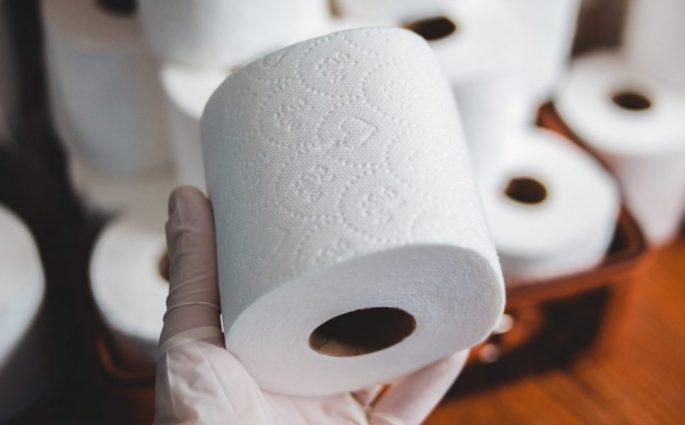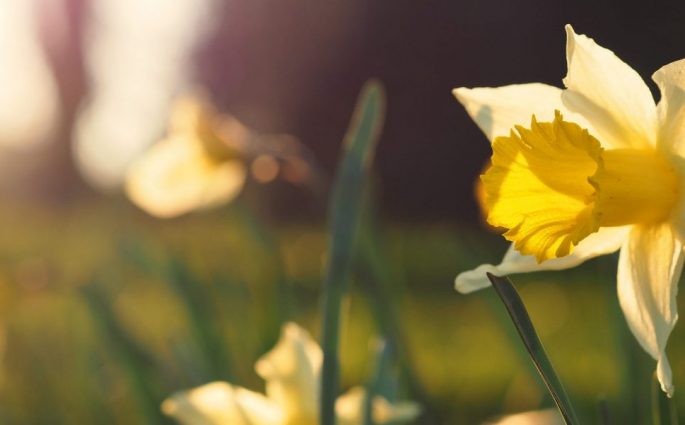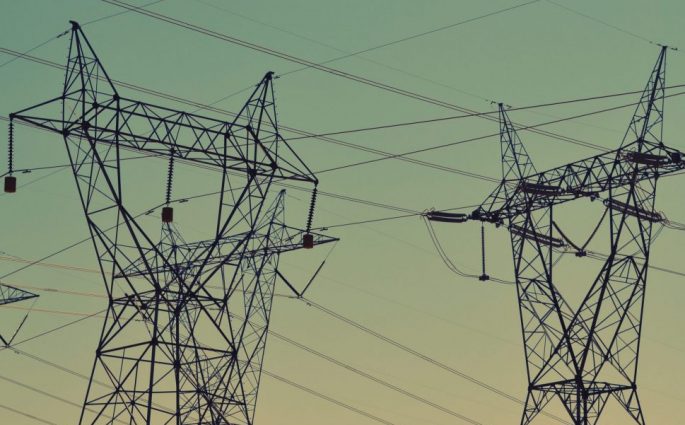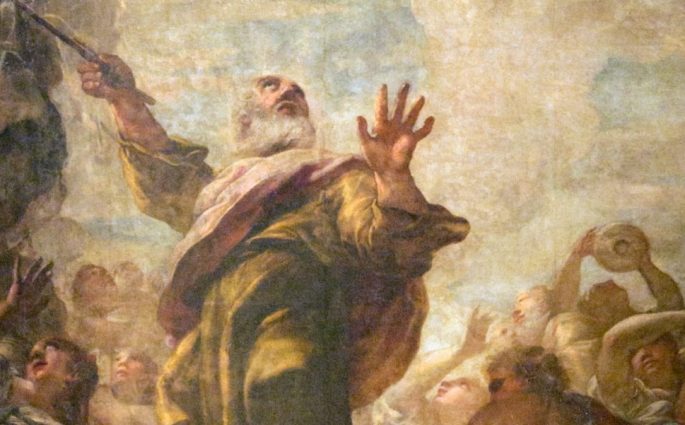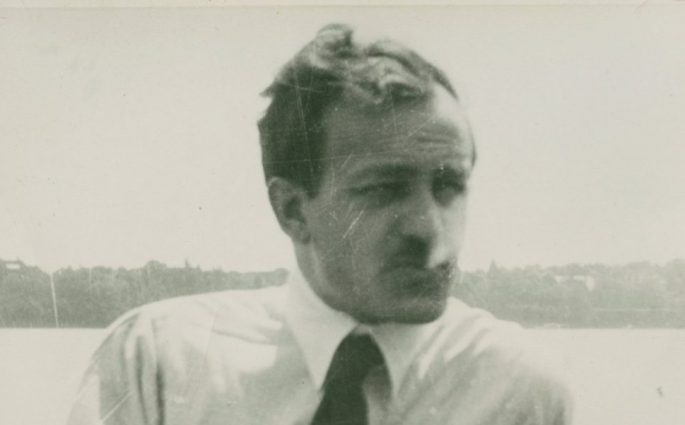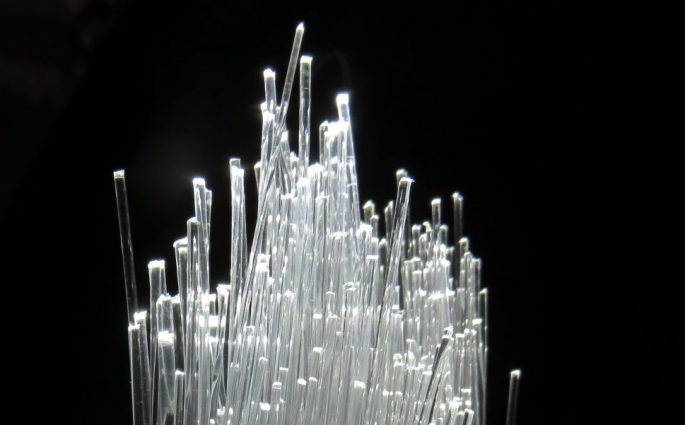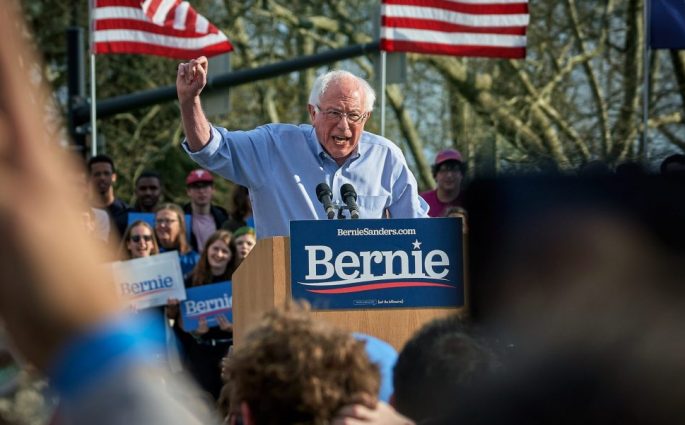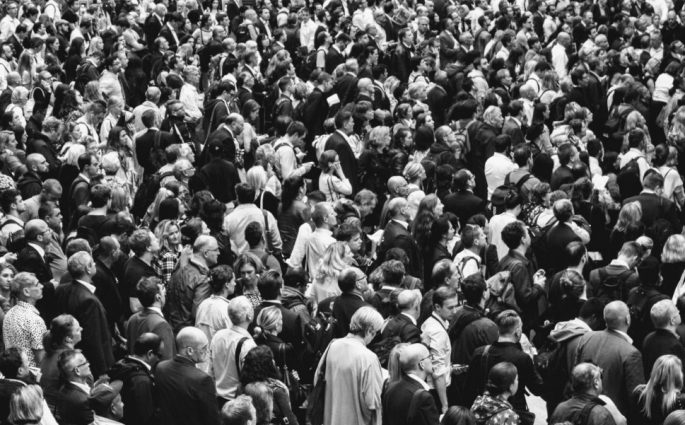Competition, Cooperation, and COVID-19
Mark Bertness— Microbial pathogens and diseases were our first and are our oldest enemies. They are a direct threat to human survival. COVID-19 and HIV/AIDS are familiar reminders of how pathogenic pandemics can threaten humanity. These are not exceptions in the human experience; they are the rule. Pathogens are formidable

